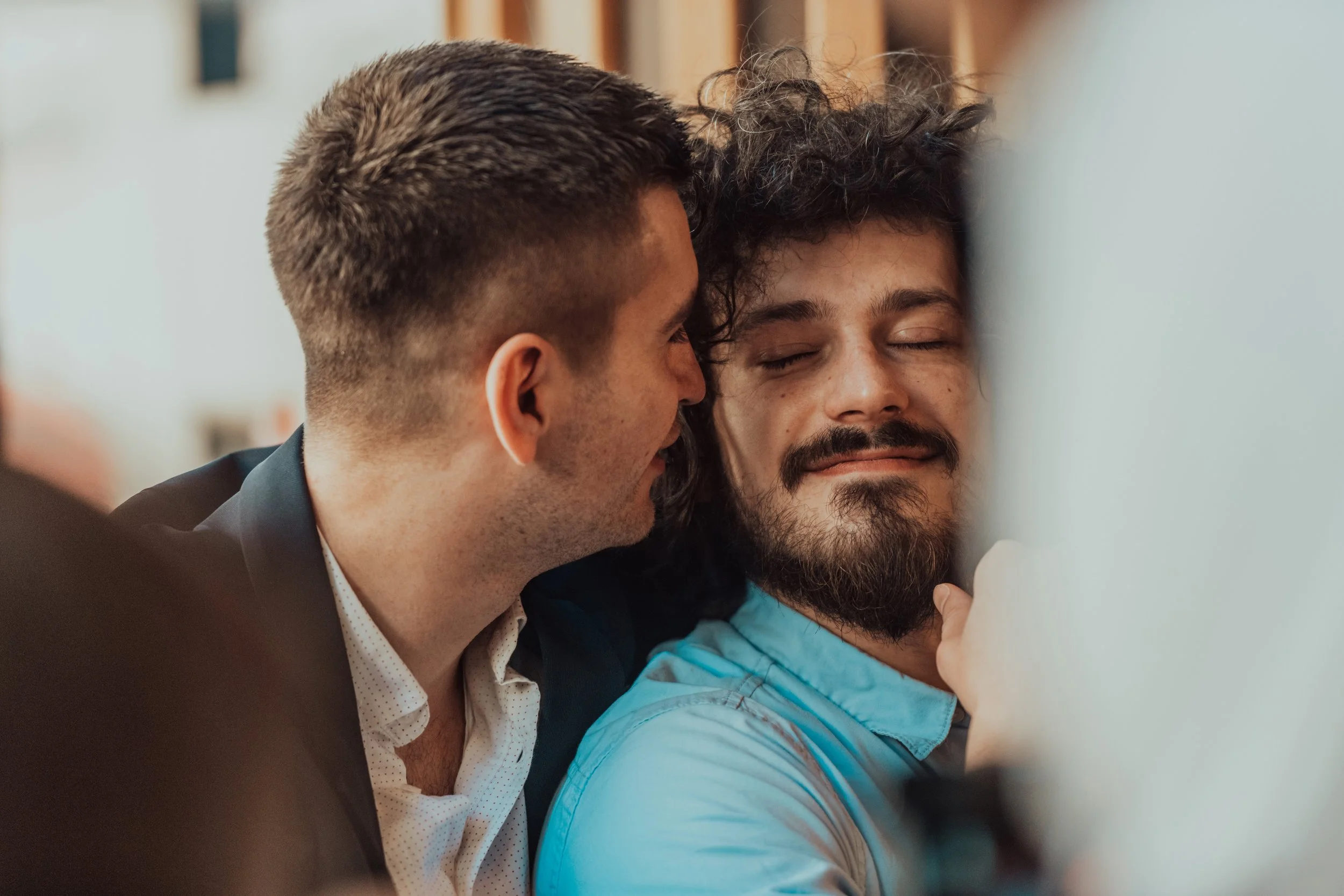My ADHD Libido
ADHD—an acronym I loathe for its inadequacy in conveying the breadth of the experience and its careless overuse. Despite this, anyone struggling with ADHD understands how deeply it permeates nearly every aspect of their lives, especially our interpersonal relationships and self-conceptions.
My husband is one of the kindest, most patient people I know. He notes my ever-shifting culinary interests and tries to ensure our menu has novel items. Yet invariably, the day he buys the thing I loved yesterday in bulk, I lose interest. He’s not exactly mad about the cubic foot of space that the freezer-burnt popsicles have taken up for the last three months, but he has to close his eyes and pause a moment before he can talk about it. This brings me to my topic: the intersection of novelty-seeking, relationships, and self-conception.
I think most people with ADHD have had an encounter with a friend where one of three things happened:
You tried to demonstrate you were listening by building on something your friend said, only for them to get mad because you were somehow off topic.
You lost track of what they were saying because you were so bored.
They said something that launched your brain down a far more interesting rabbit hole.
Regardless, your friend likely “gave you the business” for your inattention and assigned some negative value to the interaction. Perhaps it was suggested that you are a poor friend, selfish, or not invested in the relationship. There may be some truth to those criticisms, sure. However, having an interest-based nervous system often means people think you’re a jerk because it is considerably more difficult to disguise where your interests lie at any given moment.
I had a rough relationship with my parents, who didn’t understand my sensitivities or learning issues. My relationships with most teachers were contentious, my childhood friendships were fraught due to my dysregulated emotions, and as I got older, I struggled to maintain long-term interest in romantic relationships. As I approached my thirties, I began to question my character. I felt fiercely loyal and protective of my friends, but also somehow at odds with them. I wanted to spend time with people, but the reality of it was always somewhat painful. I could become intensely attracted to someone, only for it to dissipate days later. I learned to dilute myself with other people so they would tire of my intensity more slowly. I learned to disappear when I sensed the chaos that followed me wearing on those I care about.
What disheartened me even more than feeling like a C- person was the implication that I wouldn’t be able to sustain a long-term relationship because nobody could hold my attention for long. I found myself forced to wonder, What does my ADHD libido say about me? and Why does ADHD seem to constantly stand between me and the things I care about or want?
Since asking those questions, what I learned was to explore my own cognition and to cultivate a curiosity about how I operate and under what conditions I function best. I took the time to investigate myself in talk therapy, found the language to communicate my experience to those I care about, and learned to take ownership of my nervous system. But before I could get there, I had to unseat all the negative messaging I had internalized.
That process helped me see that being a novelty-seeker doesn’t mean you can’t find stability, and having a racing mind doesn’t mean you’re a bad friend. In retrospect, my interpersonal and romantic explorations were how I discovered what I like and don’t like in a partner. It is also how I knew when I had found the person I was looking for. I have over a decade with my partner-turned-husband under my belt, a man I am unable to fully comprehend and who keeps me in a state of constant wonder—a way of being together I was previously unaware of. A way of being that has yet to bore me.
ADHD continues to be a daily challenge, intruding into far too many aspects of my life. However, I remain curious, a risk taker, and more playful than my contemporaries. My developmental path has been very different from my peers, and I am comfortable with that. Today, I share my experiences with others, hoping to inspire them to explore their own cognition without judgment. I believe there is tremendous value of self-exploration and I encourage everyone to embrace curiosity and make time for self-discovery.
Originally appeared on jaredjamesmay.com.

